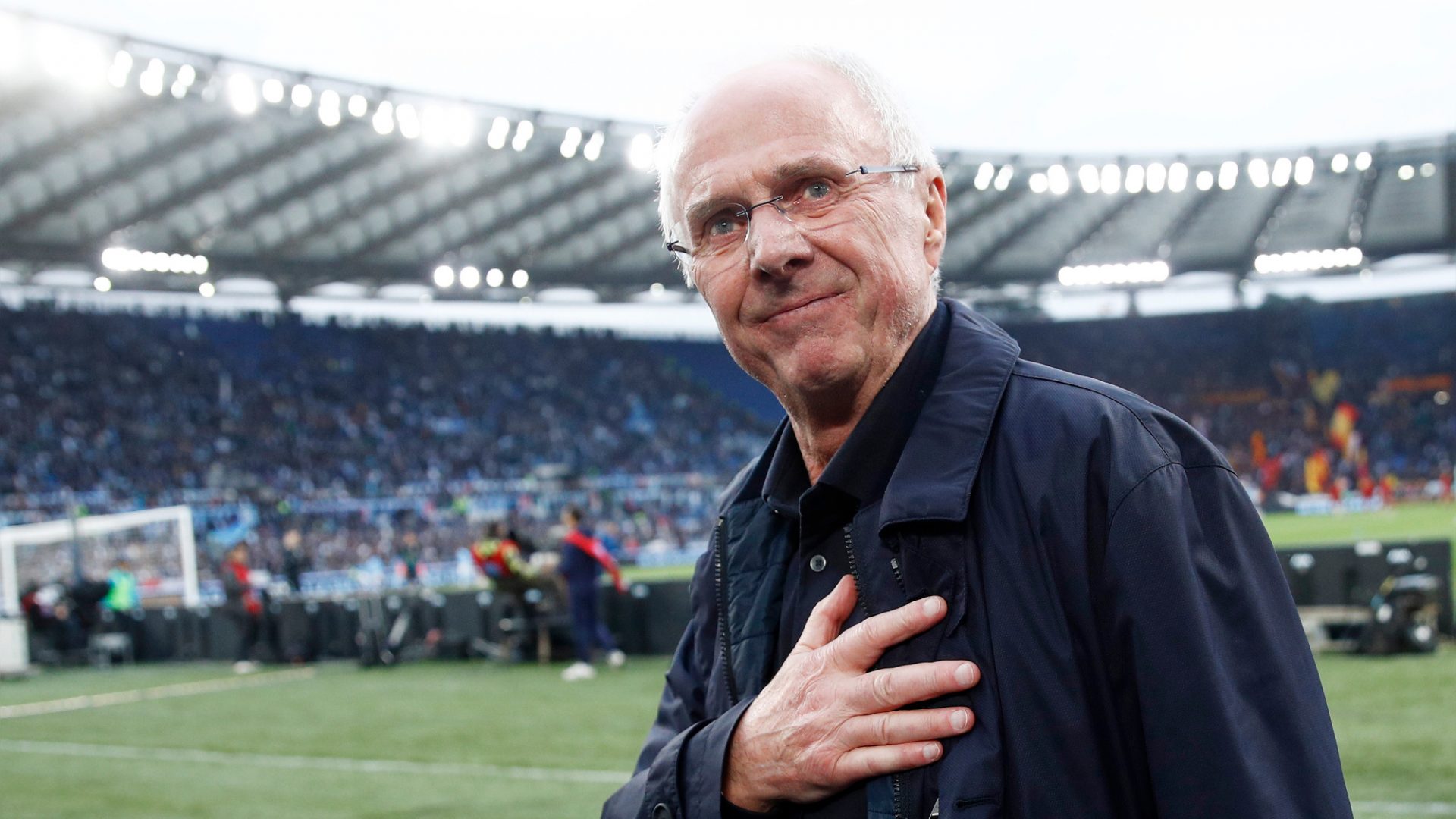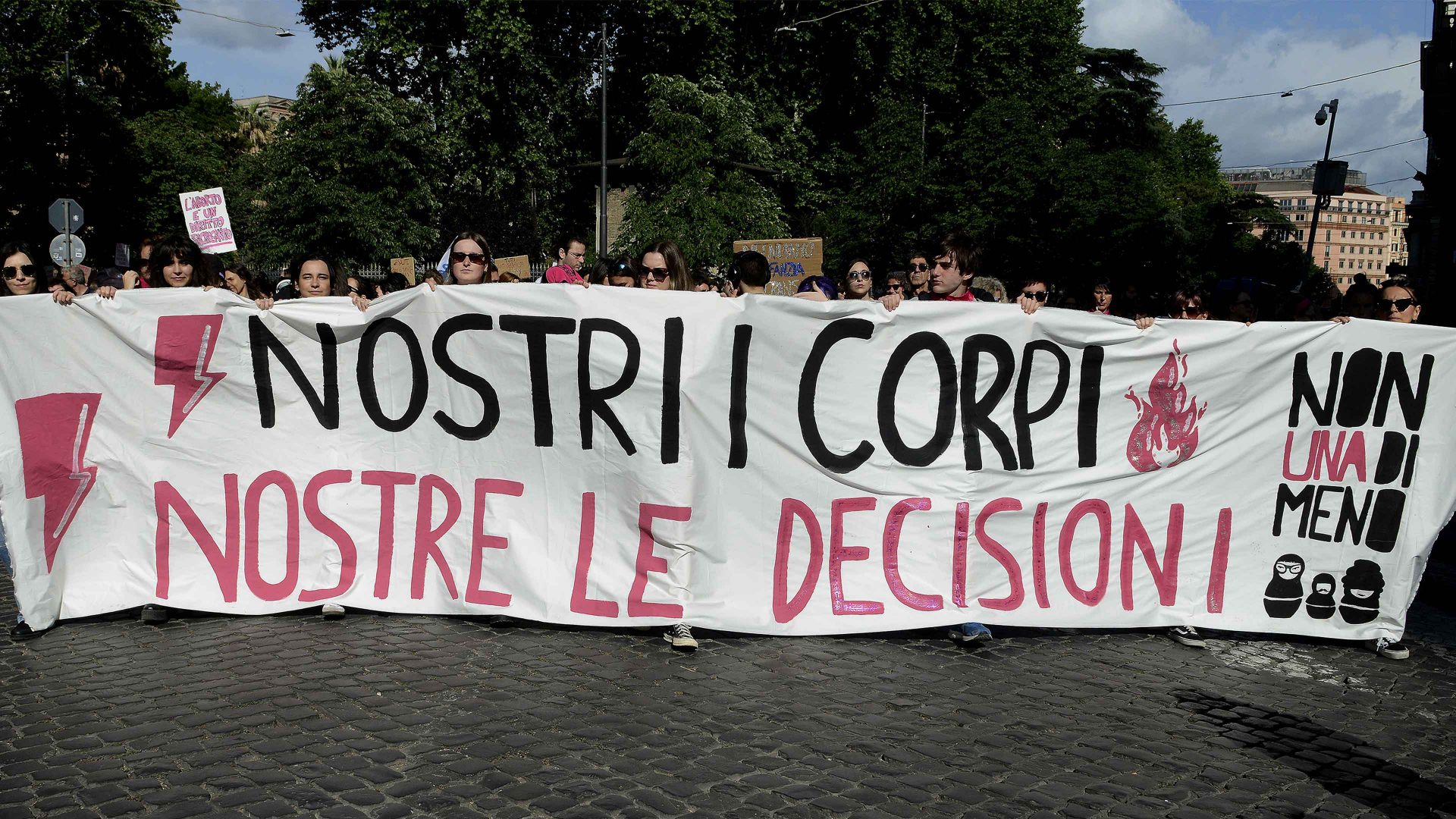In the early weeks of 2016, when we fancifully imagined that English xenophobia might be a thing of the past, I interviewed Sven-Göran Eriksson about a time when it certainly was not: the days and weeks that followed his appointment as England coach.
What I remember from our phone conversation is first the difficulty in nailing it down. Sven was in London, then in Sweden, then he was working in Mexico – where he missed one call because he’d stopped to watch a football match in the park next to his apartment block. Finally, he was found on holiday in Panama. A truly international manager.
The other thing was his chuckle. It appeared throughout the interview, at first when I reminded him of a piece by the Daily Mail’s Jeff Powell that appeared on the day after his appointment. England, Powell wrote, had “sold our birthright down the fjord to a nation of seven million skiers and hammer-throwers who spend half their year living in total darkness.”
Eriksson laughed that he’d never thrown a hammer, even at school, though he had been a boyhood ski-jumper. He’d found it quite dangerous, he said – much scarier than being manager of England.
In an era when our football is dominated by overseas coaches – 15 out of the 20 in this season’s Premier League – the reception given to Eriksson when he replaced an out-of-his-depth Kevin Keegan in October 2000 seems bizarre. “What a climbdown. What a humiliation. What a terrible, pathetic, self-inflicted indictment,” wailed the Sun.
Eriksson told me he had decided early on not to read the English papers, though that must have been hard to keep up in his glorious honeymoon period. I told him about how I had watched England’s September 2001 World Cup qualifier against Germany in Munich on a small portable television in a hotel lounge while on holiday in Malmö, Sweden.
A German family walked into the otherwise empty room just as Carsten Jancker opened the scoring, and the father announced: “It is as expected.” They then left for dinner. England then scored five in a remarkable display and I don’t think I have ever been as pleased to see anyone as I was when the German dad appeared in the breakfast room the next morning.
Eriksson loved that. He loved being England manager, too – “a huge job, but beautiful,” he said.
He was modest about his talent; at the clubs where he had been successful, he had just been able to explain to good players how they could thrive in a simple system. He had been lucky to be England manager during the blossoming of David Beckham, Rio Ferdinand, Ashley Cole and later the striker he called “Wine Roney”.
And yes, the long tour of English grounds on which he embarked after taking the job – which brought him face-to-face with reporters and supporters and arguably did as much to win them over as the Munich 5-1 – had been his idea and not the FA’s. But a lot of the credit for that, and for the strong bonds he quickly built with a clique-ridden squad, should go to his assistant, Tord Grip.
Because the article I was writing focused only on Eriksson’s early days in the England job, we did not discuss the things that ultimately forced him from it – ill-advised romantic liaisons and business relationships, as well as an evident lack of a Plan B when things went wrong on the pitch. He would not say very much about his press tormentors in the early days. Was his treatment an example of English exceptionalism? He didn’t know. The people who wanted an English manager were probably just proud of their country, he thought.
Some had other motivations, like the Mail’s Powell, who’d hoped his friend Terry Venables might be reinstated as England manager following Keegan’s departure. Not long before speaking to Eriksson, I had met Powell and asked him about the hammer-throwing. Tongue-in-cheek, he said, though:
“I was right about Sven, wasn’t I?”
But, Powell said, he’d encountered Eriksson several times since writing the piece and found him “always a real gentleman”. That he was.
Steve Anglesey is editor of the New European




